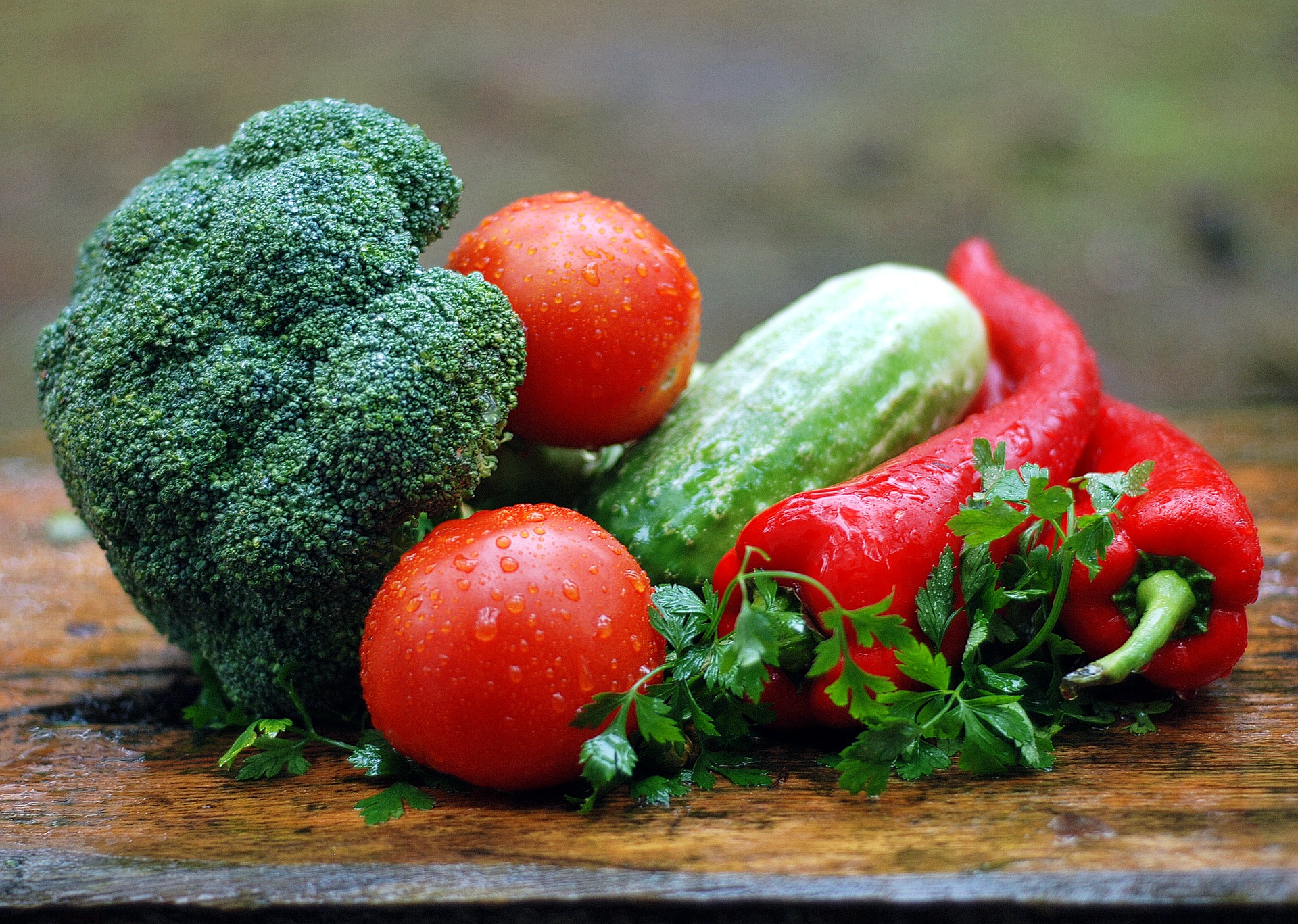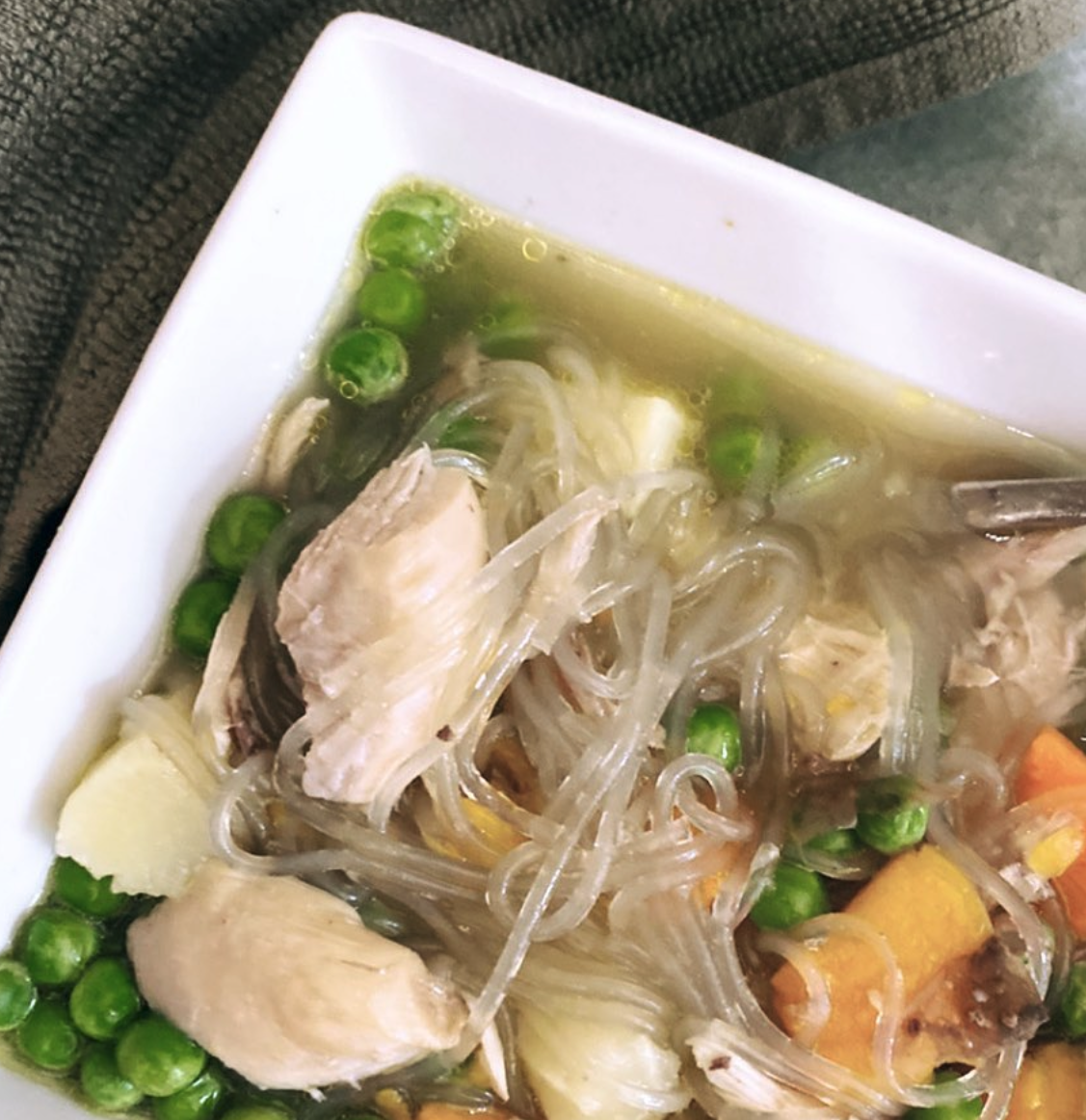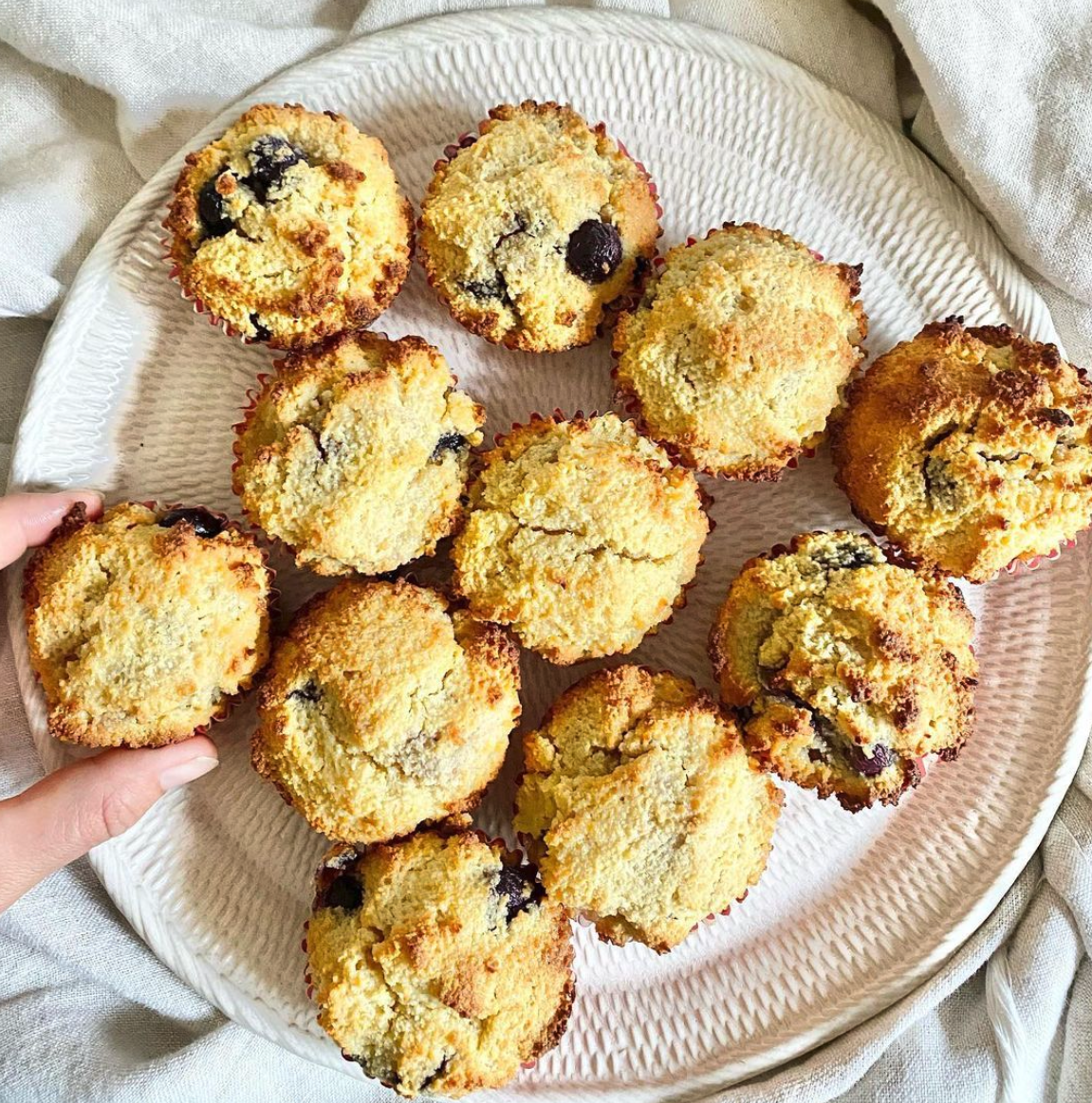
12 Keys to Healthy Cooking
Healthy cooking doesn’t need to get complicated, feel free to try the keys in any order you like. And remember that little steps taken consistently is a powerful way to successful habit change.
1 – Drink more water
Studies suggest that a lot of us walk around dehydrated. Water makes up a large proportion of our bodies and is vital to our well-being.
Drinking pure water as our primary source of fluids, rather than soft drinks, and caffeinated drinks including tea and coffee, is a great way to provide the body with the fluid it really needs.
Exact amounts we need are difficult to predict – we are all individuals and how much depends on various factors like activity level, temperature, sweating etc.
The general suggestions are around 6-8 glasses a day, increasing with exercising etc, however some people may generally need more.
You can see how you are doing by checking in with your thirst sensation and the colour of your wee! If it is strong looking, and stronger smelling, you probably need more water.
2 – Practice cooking
Have fun, experiment and keep it as simple as you like. Have a look at the post I wrote on how to make a simple tofu stir fry to see how easy I make it for myself.
You can see tips on my blog and facebook page as well, as I share my journey with healthy and simple cooking for my family.
3 – Increase whole grains
The focus here is on unprocessed, unrefined and whole grain foods, including brown or wild rice, buckwheat, barley, bulgur (cracked wheat), millet, quinoa, and oats.
4 – Increase sweet veggies
Vegetables are totally amazing! Especially those grown organically which are packed with vitamins, minerals, water and fibre.
Sweet veggies, like sweet potatoes, carrots, podded peas, and beets have the added bonus of helping to satisfy cravings for sweet things, especially if you chew really well to release the full flavour.
5 – Increase leafy green veggies
Packed with a huge array of nutrients and flavours and with many uses, these include broccoli, lettuce, spring greens, spinach, cabbage, brussel sprouts, kale, bok choy, chard and so many more.
6 – Experiment with protein
Plant based protein includes lentils, hemp seeds, chia seeds, quinoa, spirulina, nutritional yeast, seeds, nuts and beans, and organic tofu.
Meat based protein includes meat, poultry, eggs, dairy and fish.
With such a variety try experimenting with plant based protein sources even if you’re a meat eater.
7 – Eat fewer processed foods
As you increase the good stuff, this one becomes easier, almost natural, but you may also need to be intentional about it.
Processed foods are likely to be reduced in nutritional value, often losing valuable natural vitamins and minerals during processing. They have also often had sugar, sweeteners or chemicals added to them.
8 – Make a habit of nurturing your body
Valuing our incredible bodies and all they do for us, helps us grow in appreciation of them. Nurturing it makes a whole heap of sense. But it can often get missed in the busyness of life… being intentional here is super helpful.
9 – Have healthy relationships
I think this one speaks for itself! Poor relationships are so stressful. Working to have healthy ones is beneficial on so many levels (note, I didn’t say easy!)
10 – Enjoy physical activities
We know how key exercise is. Finding one that is enjoyable is key here, so it becomes a joy rather than a chore.
11 – Find work you love
Confucius (Chinese philosopher) said, ‘Choose a job you love, and you will never have to work a day in your life.’ I think he knew a thing or two.
12 – Develop spiritual practice
Research studies are increasingly showing how spiritual practices are important to our health and wellbeing. Benefits are reported to include feelings of calm, empathy, increased ability to overcome hardships, making healthier choices and being able to let go of negative, destructive feelings through forgiveness.
Let me know in the comments below in you have any questions or comments, I would love to hear from you!





